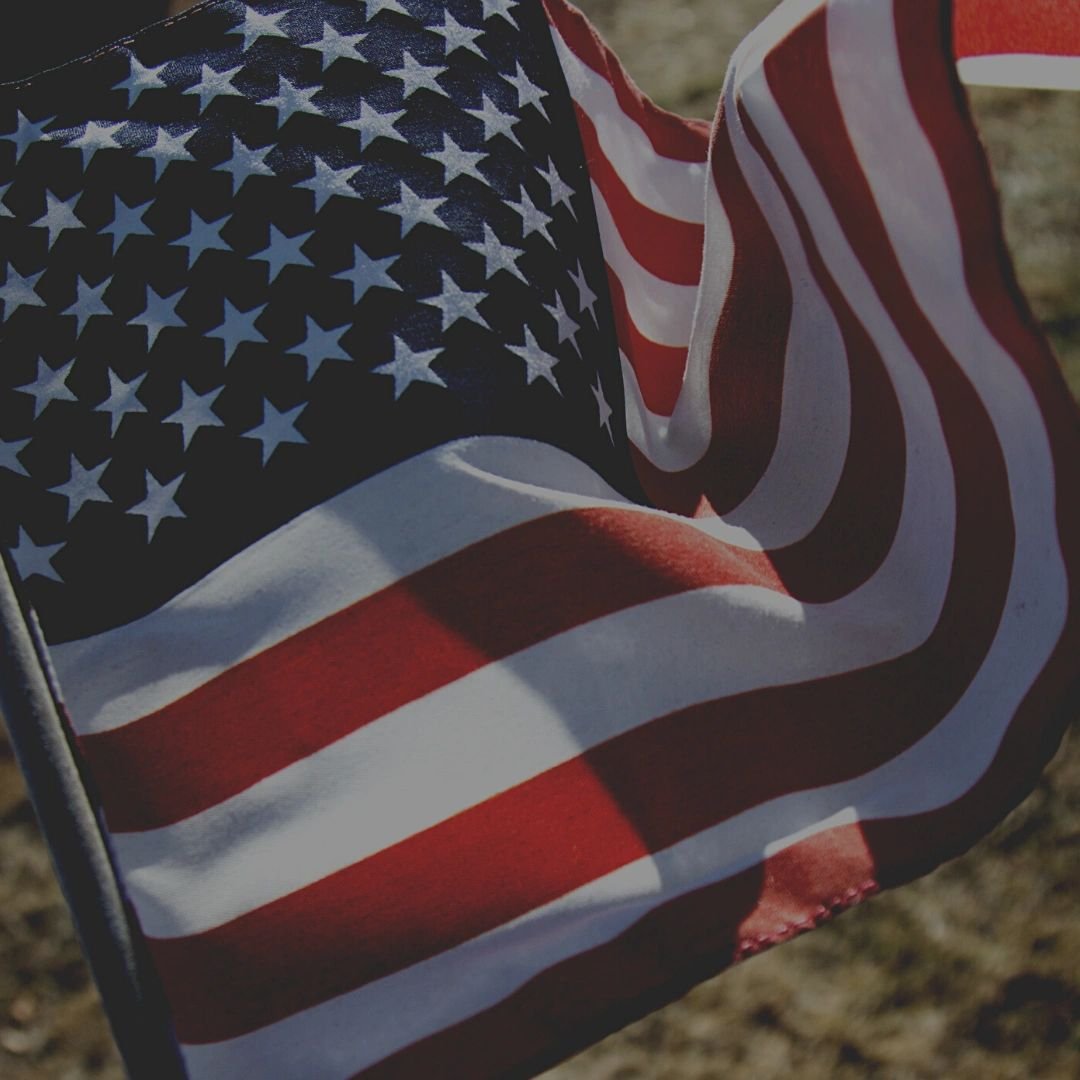THOUGHTS ON THE FOURTH OF JULY
July 4, 2020
by Brandi Waller-Pace
Today is the 4th of July, Independence Day. From the establishment of the original British colonies, through US Independence, and then beyond, this nation was built on the backs of enslaved Africans while Indigenous People were violently displaced from or were killed defending their land to which the government considered itself entitled. As a result, this day has not represented a celebration of freedom for all, and has meant different things to different people, depending on their position within this society. The beginning of our country includes the narratives of many minoritized groups (Asians and Latinos/Hispanics/Chicanos, etc.) who were present on the land that would become the US and are part of the fabric of our nation. But today I focus on Black and Indigenous people, because of their special positions in the attainment of land for this country and the labor used to build and grow its physical and financial infrastructure.
In Frederick Douglass’ 1852 speech, “What to the Slave is the Fourth of July?”, he tells his audience, “The blessings in which you, this day, rejoice, are not enjoyed in common. The rich inheritance of justice, liberty, prosperity and independence, bequeathed by your fathers, is shared by you, not me.” Douglass delivered a scathing critique of the “national inconsistencies” between the Declaration of Independence’s assertion that all men are created equal and the implicit protection of “the right to hold and to hunt slaves” found in the clauses of the Constitution (the Thirteenth Amendment wouldn’t be ratified for another 13 years).
After the abolishment of slavery came Black Codes, Reconstruction, and the enactment of restrictive Jim Crow laws that perpetuated and legally codified the lesser legal and societal status of Black people in the United States and, less than ten years later, the Department of the Interior developed the Code of Indian Offenses, which placed restrictions enforcing the disruption of Native American religious ceremonies and practices on reservations, under threat of withholding food or jail time of up to 30 days. Though there were amendments to the Code over time, Native Americans were not given full government freedom to practice their religions until the American Indian Religious Freedom Act Amendments of 1994. The hypocrisies present within the inequitable application of the ideals upon which our country is founded have had a deep generational impact on Black, Brown, and Indigenous People (BBIP) and are at the core of this nation’s identity, even today.
Why is this important to us as music educators? A core element of the US education system is the teaching of certain displays of American patriotism, which we can find in instruction throughout grade school. This is represented in music ed standards that include the performance of patriotic music and curricula that include patriotic units.These songs, and the enforcement of their performance, mean vastly different things to different people.
For our Native American peers who are still living among family members who were taken as children and sent to boarding schools where they were forced to assimilate and taught to fear expressions of their own culture, these songs may bring up memories of generational harm. As Douglass highlighted so many years ago, “To drag a man in fetters into the grand illuminated temple of liberty, and call upon him to join you in joyous anthems, were inhuman mockery and sacrilegious irony.” It is imperative that we understand the full context of what we bring into the classroom as we consider how to teach it. Many teachers worry about omitting or erasing history, but our educational system has already done so. Many Indigenous People have their own songs about this land. Our position as teachers calls for us to properly examine what narratives have already been erased, and help our students to learn the critical skills to do the same. For many of us that means a rethinking of how we present patriotism and patriotism to our students when we create lessons.
We begin rethinking patriotism when we first ask ourselves, “Patriotic to what? For what?” Dissent was an integral part of the beginning of our country, and that same spirit is at our core when we stand up against injustice. Racially minoritized people have a long history of protest against the injustices they have suffered in our society, and music has been a vehicle for so much of it. It is important that our students understand that protest and social change are functions of music, and have been since our country’s inception. Music has existed as part of efforts to gain or exercise the freedom that the constitution has said are owed to all reaching far back into American history. For some today, patriotism is the red, white, and blue American dream and the symbols and songs that celebrate this country. For others, patriotism is the ongoing struggle against laws and governance which keep that same American dream out of reach.
As a Black woman, I feel a sense of belonging to and ownership of this nation that my ancestors built- it is mine, and I am proud to be a part of it. I also acknowledge that this land did not belong to colonizers, and that I sit on the home of civilizations that were here long before my people were brought here. There is so much to consider about how those outside of the dominant narratives perceive this day. We see this day as an opportunity to learn about the full history of how the United States of America was established, and discover what we can do through our work to hold our society accountable to the ideals that are so frequently espoused in statements of national pride.
Brandi Waller-Pace is the Founder and Executive Director of Decolonizing the Music Room.
